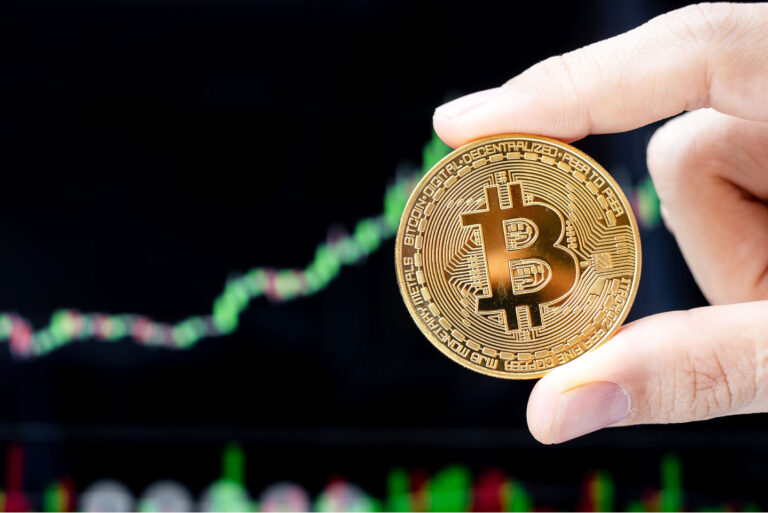All researchers and professionals working with and on the internet agree that many things have changed since it became ubiquitous among adults, children, and teenagers. But these differ in two areas: are smartphones and social media simply a threat because they exist and we need to regulate their use, or does any technology have an impact on our culture and can this impact cause behavior to be fundamentally dysfunctional? Technology is agnostic; what we do – or do not do – with it is what matters.
Mainly after the publication of the book "The Anxious Generation" by Jonathan Haidt, alarmism spread among parents and educators, who found a scapegoat for the woes afflicting Generation Z (1997 to 2009) and Alpha (2010 to 2024): smartphones. For Haidt, the mere presence of smartphones in a place, with indiscriminate use of social networks, is responsible for the increase in psychiatric illnesses. To support his conclusions, he shows data from the American College Health Association: since 2008, the number of adolescents diagnosed with a mental illness has increased from 20% to 45%.
As a researcher and teacher in the digital world, I view these numbers with suspicion because children throughout history have grown up under threats greater than the presence of a smartphone. And we don't even need to travel to the past to find these children: after the October 7, 2023 attacks in Israel, among children and adolescents who had direct contact, the prevalence of mental disorders increased from 17% to 30%.
I am concerned that, in Brazil and around the world, we are creating laws aimed at banning smartphone access based on a moral panic that, apparently, does not withstand the slightest scrutiny. Anyway, the digital world has had an impact on our lives, this is undeniable, but allow me to propose an alternative hypothesis: that it is our culture, aided by smartphones, that is changing adolescent behavior.
Smartphones, which surprisingly have existed since 1994, only became popular starting in 2007 with the emergence of the first iPhone. If they have existed for so long, why are teenagers only now feeling their impact? Haidt blames social media and fast mobile internet. Myself and other researchers, like the Italian Alberto Acerbi, have a different opinion: it's culture, stupid!
With smartphones, anyone has become a journalist or, in current jargon, a "content producer". That means no matter where we are or what we do, there will always be a Sauron eye, evil and red, watching us. That would be okay if surveillance were the only problem. The issue is that this all-seeing eye also cancels, humiliates, and shames.
Imagine a teenager trying to win over his first girlfriend: there is always the risk of rejection. This is normal, but today, anyone who tries to approach another person, online or in real life, risks being humiliated and canceled in the public square of the internet. A simpleprint screenYou can make an 18-year-old boy a subject of mockery in all four corners of the world.
The best content ever produced by this cancel culture frenzy that the internet has brought to light is Monica Lewinsky's TED Talk. Yes, that same one.I did not have sex with that womanIn her, the most hated woman of 1997, talks about not only her own experience but also various experiences of people who were lynched, metaphorically, in a digital public square. And the solution to this? A new culture, a culture of tolerance and grace on the internet, in which things like the previous screenshot would be ignored by us, a behaviordeclassified, vulgar.
And the mental health crisis? Are teenagers really sicker? According to the World Economic Forum, teenagers are delaying their entry into adulthood.
My hypothesis is that, out of fear of humiliation and cancellation, teenagers have not been getting driver's licenses, do not go out in public, and remain infantilized for longer. Because the prospect of leaving the world, whether digital or real, presents a real social risk for which your minds are not prepared. Actually, no one is.
What surprises me most about the prohibitive zeal, both from Haidt and Brazilian and foreign legislators, who have chosen the smartphone as the source of all evil, is that Haidt has written several times about how a culture that has public humiliation as a hobby cannot be healthy. He calls this scheme, present in cognitive-behavioral therapy theory, mind reading, and we are led to assume the worst intentions of other people.
To overcome this behavior, this culture we have today – which I must agree is highly dysfunctional – Haidt himself suggests a more generous stance that assumes good intentions in the actions and words of others. This approach helps reduce unnecessary conflicts and promotes healthier interactions, especially in polarized environments. By challenging these automatic assumptions, we make our eyes more empathetic and tolerant, as well as build more rational communication. On the internet and in real life, without needing to prohibit anything.
Lilian Carvalho holds a PhD in Marketing and is the coordinator of the Center for Studies in Digital Marketing at FGV/EAESP











